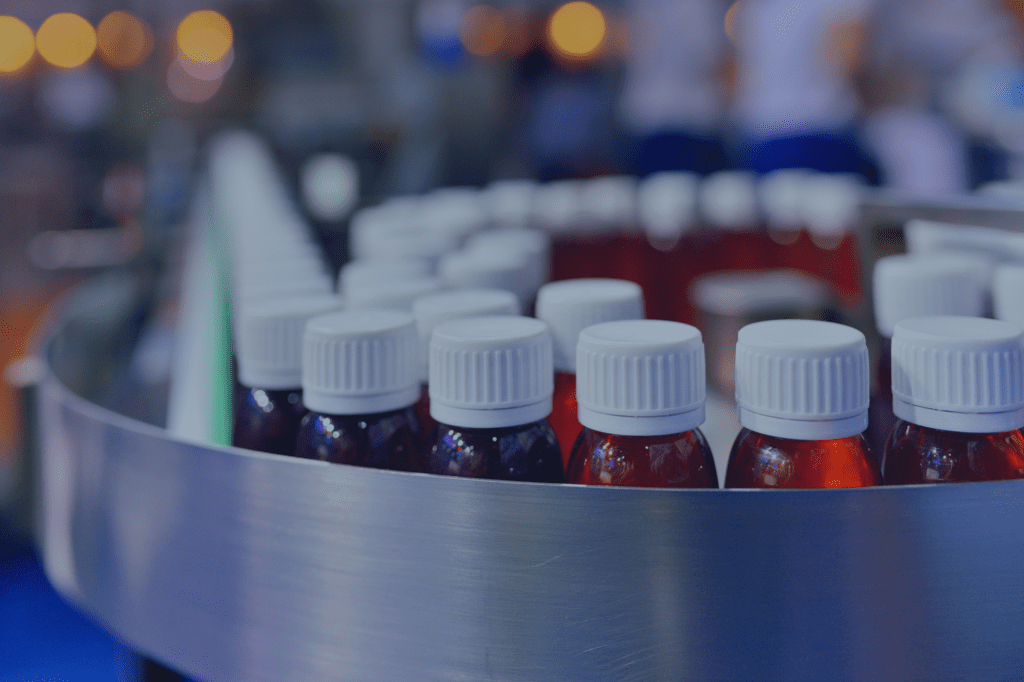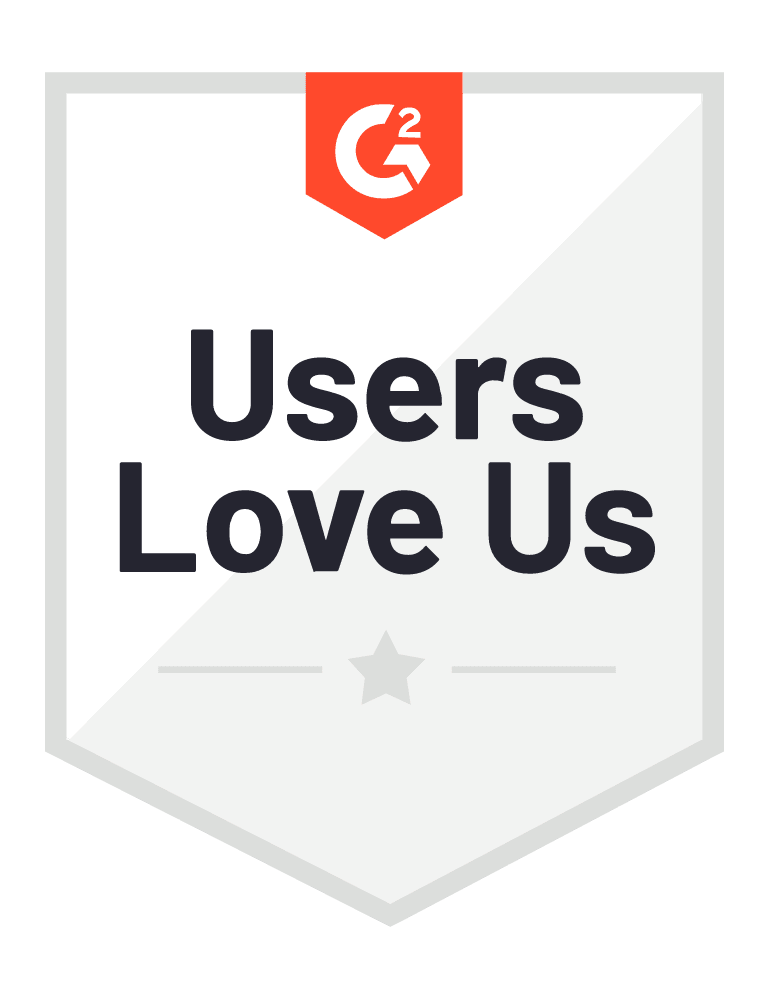Earlier this month, a full truckload freight (FTL) pharma theft occurred in an unsecured location in Florida. This theft marks the first time in over a year that a FTL pharma load was successfully stolen in the US.
Although pharmaceutical cargo theft is relatively rare, when successful, its effects can ricochet throughout the supply chain ecosystem. Already, we’re seeing a surplus of new threats and criminal activities, which could signal additional problems ahead.
The aftermath of the FTL pharma theft
The recent FTL pharma theft was the result of traditional straight theft tactics. Going forward, this likely means that we’ll see an increase in both straight and strategic theft attempts on pharmaceutical products. This is a problem, because although pharma has the biggest spend on security and prevention, they aren’t invincible. They also have a much lower threshold for acceptable losses. Additionally, because they employ so many layers to their security, identifying the weakness that was exploited when something goes wrong can be a challenge.
Because pharma hasn’t experienced as much theft recently compared to other industries like electronics or high-end apparel, they may assume they’re safe. Even after a theft occurs, the industry might be tempted to think, we’re no longer being targeted, we fixed the problem. But this goes to show that thieves are out there, waiting. They never stopped targeting pharma.
This recent theft is going to send shockwaves not just through supply chains, but organized cargo theft as well. Counterintelligence information is being collected for nefarious purposes. Word is going to spread throughout criminal networks that this has happened. While this all puts an especially big target on pharma, they won’t be the only industry at risk. Criminals will think, if a pharma load can be successfully stolen, what does that say about other industries with less security?
How to prevent pharmaceutical cargo theft
Pharma shippers need to be prepared to thoroughly vet those at facility. They must also understand the tools at their disposal, such as IoT devices and AI, and how to use them effectively. Even more importantly, there needs to be a renewing of vigilance and best practices in supply chain.
The pharmaceutical industry by and large has been very vigilant at keeping up with best practices and compliance. But one slip up is all it takes, and now is not the time to be reckless. Along with the increase in pharmaceutical cargo theft, we’ve noticed some disturbing new trends, such as an uptick in hijackings.
Granted, this M.O. is occurring in a different part of the country and targeting different products. However, this is a slow-moving industry. Trends don’t change that often, so to see two big deviations at the same time is noteworthy, and disturbing.
Now is the time for companies to research the tools and support they need to keep their cargo safe. Waiting and retroactively reacting to a theft is never the wise move. Instead, businesses should look toward solutions like Overhaul to prevent pharmaceutical cargo theft, better identify risk, and protect the industry as a whole.





